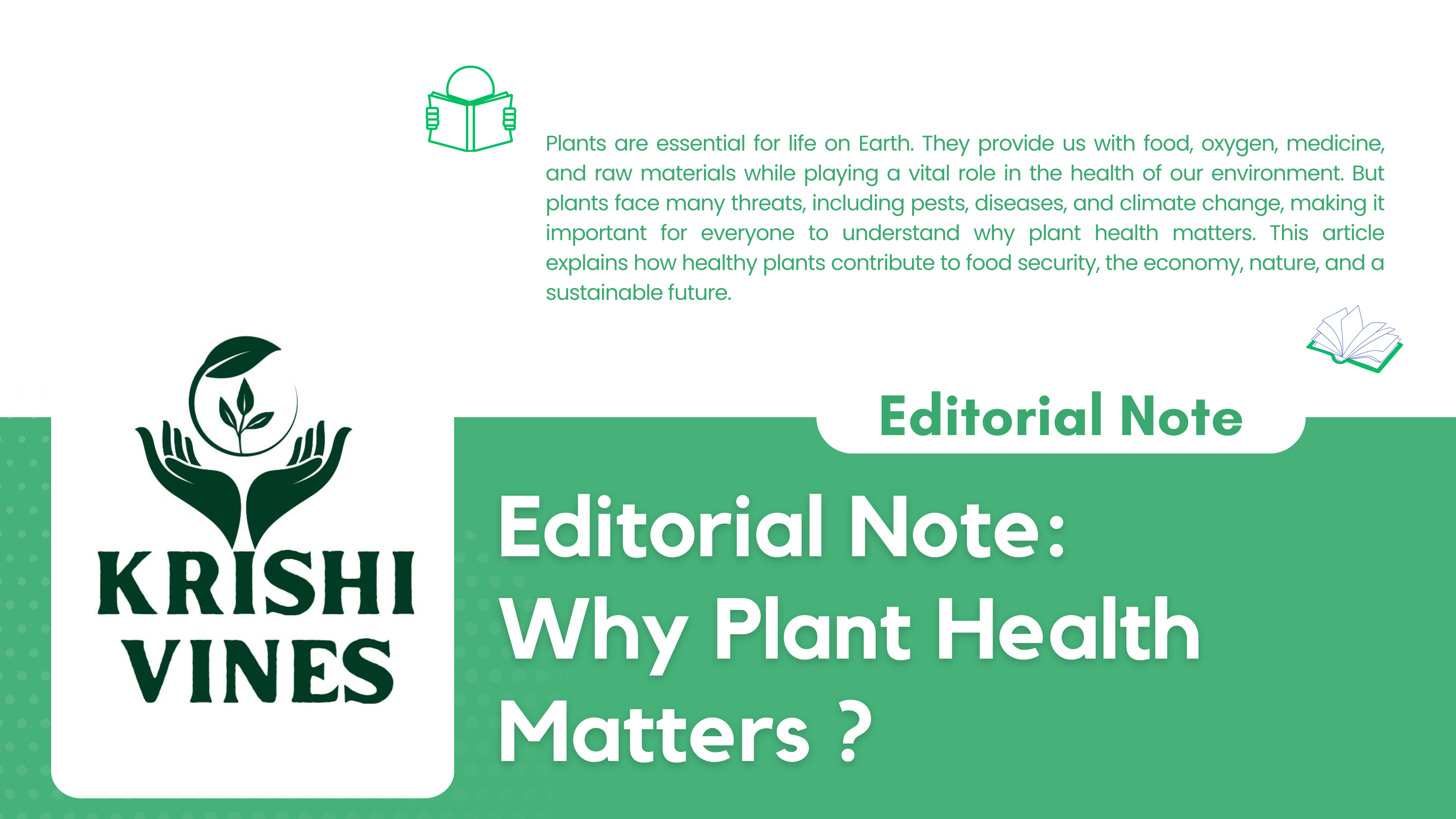What exactly is organic farming, and why should you care? In a world grappling with climate change and increasing health concerns, organic farming offers a beacon of hope. It’s not just about avoiding pesticides; it’s a holistic approach to agriculture that promotes soil health, biodiversity, and sustainable practices. Whether you’re a health-conscious consumer or an aspiring farmer, understanding organic farming is crucial in today’s world.
In this comprehensive guide, we’ll dive deep into the world of organic farming. From understanding its core principles to exploring its economic impact and future prospects, we’ll cover everything you need to know. So, let’s embark on this green journey together and discover how organic farming is revolutionizing the way we grow and consume food.
Understanding Organic Farming
A. Definition and Principles
Organic farming is a holistic approach to agriculture that focuses on sustainable practices and natural processes. It emphasizes the use of renewable resources, conservation of biodiversity, and promotion of ecological balance. The core principles of organic farming include:
- Soil health preservation
- Biodiversity conservation
- Animal welfare
- Prohibition of synthetic inputs
B. Environmental Benefits
Organic farming offers numerous environmental advantages:
- Reduced pollution
- Improved soil quality
- Enhanced biodiversity
- Lower carbon footprint
C. Health Advantages
Consuming organic products can lead to several health benefits:
- Lower pesticide residues
- Higher nutrient content in some foods
- Reduced antibiotic resistance risk
D. Economic Impact
Organic farming has a significant economic influence:
- Premium prices for organic products
- Job creation in rural areas
- Reduced healthcare costs due to healthier food and environment
The organic sector continues to grow, offering new opportunities for farmers and businesses while meeting increasing consumer demand for sustainable and healthy food options.
Key Practices in Organic Farming
Organic farming relies on a set of sustainable practices that work in harmony with nature. Let’s explore the key techniques that form the foundation of organic agriculture:
A. Crop Rotation
Crop rotation is a cornerstone of organic farming. This practice involves:
- Alternating different crops in the same field over seasons
- Preventing soil depletion and pest buildup
- Improving soil structure and fertility
| Benefits of Crop Rotation |
|---|
| Reduces pest pressure |
| Enhances soil health |
| Increases crop yield |
| Diversifies farm income |
B. Natural Pest Control
Organic farmers use biological and mechanical methods to manage pests:
- Beneficial insects (e.g., ladybugs, praying mantises)
- Companion planting to repel pests
- Physical barriers like netting or row covers
- Trap crops to lure pests away from main crops
C. Soil Management Techniques
Healthy soil is crucial for organic farming success. Key practices include:
- Composting to recycle organic matter
- Cover cropping to prevent erosion and add nutrients
- Minimal tillage to preserve soil structure
- Use of natural fertilizers like manure and bone meal
D. Water Conservation Methods
Efficient water use is essential in organic farming:
- Drip irrigation systems for targeted watering
- Mulching to retain soil moisture
- Rainwater harvesting techniques
- Drought-resistant crop varieties
E. Biodiversity Promotion
Encouraging biodiversity creates a balanced ecosystem:
- Planting hedgerows and buffer zones
- Creating habitats for beneficial wildlife
- Maintaining diverse crop varieties
- Integrating livestock with crop production
By implementing these key practices, organic farmers create sustainable agricultural systems that produce healthy food while preserving the environment. Next, we’ll explore the process of obtaining organic certification, which ensures these practices are properly implemented and verified.
Challenges in Organic Farming
Organic farming, while beneficial for the environment and human health, comes with its own set of challenges. Let’s explore the major hurdles faced by organic farmers:
A. Yield concerns
One of the primary concerns in organic farming is the potential for lower yields compared to conventional farming methods. This issue stems from:
- Limited use of synthetic fertilizers and pesticides
- Reliance on natural pest control methods
- Slower growth rates due to organic fertilizers
B. Higher production costs
Organic farming often incurs higher production costs due to:
- More labor-intensive practices
- Expensive organic inputs
- Lower economies of scale
C. Pest and disease management
Without synthetic pesticides, organic farmers face unique challenges in managing pests and diseases:
- Limited options for pest control
- Need for constant monitoring
- Potential for crop loss during pest outbreaks
D. Market competition
Organic farmers must also contend with:
- Price competition from conventional products
- Limited market share
- Consumer skepticism about organic claims
Despite these challenges, many farmers find organic methods rewarding and sustainable in the long term. As we move forward, we’ll explore the future of organic farming and its potential to address these challenges.
Conclusion
Organic farming presents a sustainable and environmentally friendly approach to agriculture that benefits both consumers and the planet. By avoiding synthetic pesticides and fertilizers, organic farmers cultivate healthier soil, promote biodiversity, and produce nutrient-rich crops. While challenges such as pest control and initial costs exist, the long-term benefits of organic farming, including improved soil health and potentially higher profits, make it an attractive option for many farmers.
As consumers become more conscious of their food choices and environmental impact, the future of organic farming looks promising. By supporting organic farmers and choosing organic products, we can contribute to a healthier ecosystem and a more sustainable food system. Whether you’re a farmer considering the transition to organic methods or a consumer looking to make more eco-friendly choices, embracing organic farming practices can have a positive impact on our health and the health of our planet.







